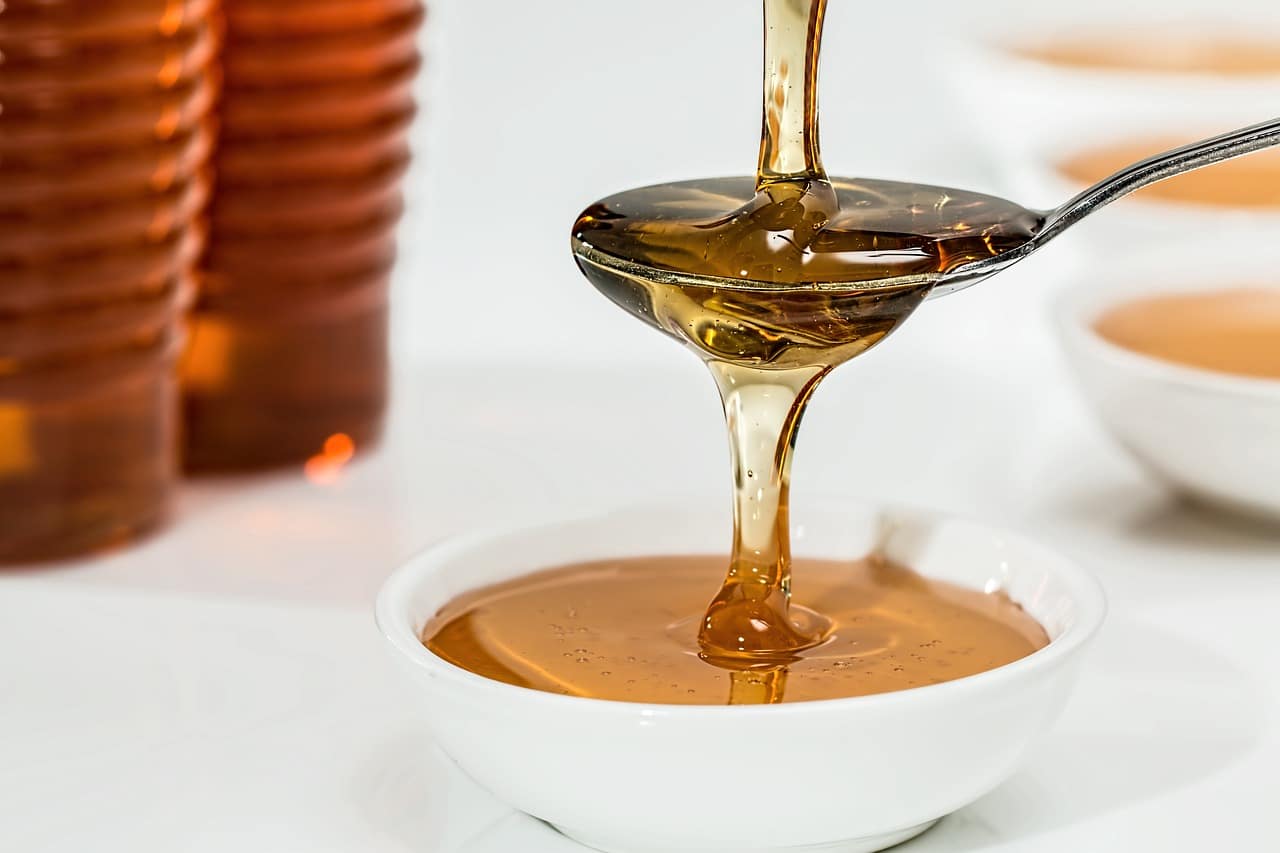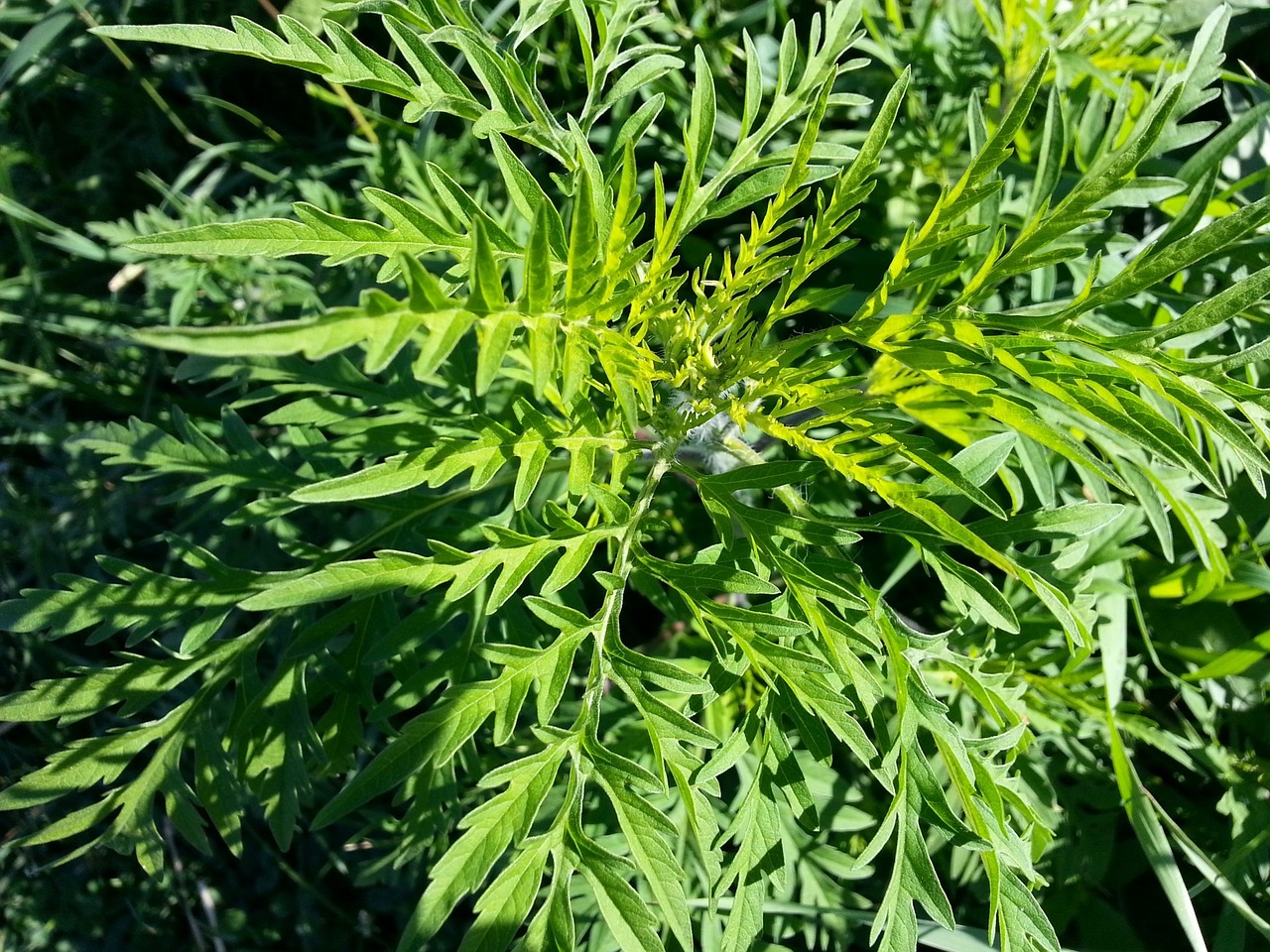
Ambrosia is a delicacy or nectar of the gods.
Ambrosia is a food substance ingested by the gods . This is the first meaning that the Royal Spanish Academy (RAE) mentions in its dictionary. This word has its origins in ancient Greek mythology: it comes from ambrotos ( ἄμβροτος ), which means "immortal" or "divine", and is related to the notion of the "food of the gods ".
A divine delicacy
Ambrosia is the drink and food of the divinities . Throughout history, ambrosia was associated with the divine correlate of honey and oil , for example. In Greek mythology, ambrosia was believed to grant immortality and supernatural strength to the Olympian gods. It was said that only they and divine beings could consume it, and that it gave those who tasted it an eternal nature.
The term ambrosia was also used to refer to a divine nectar associated with the same idea of immortality and exquisiteness . It is often described as a golden, heavenly substance with divine properties. Over time, it has been used in more general contexts to refer to any exceptionally delicious and appreciated food or drink: a delicacy of delicate taste or something that delights the spirit .
Legend of its origin
A legend says that, originally, Ambrosia was a nymph made of wood. When he was caught in the middle of a confrontation between the god Dionysus and Lycurgus of Thrace , he died and turned into a vine . Then the pigeons began to carry the food from the vine (ragweed) to Mount Olympus , where it was tasted by the gods.
There are stories that say that ambrosia conferred immortality on these gods. It is also said that their life force comes from the consumption of these foods.
Name of desserts
Ambrosia is even the name of different desserts. In the United States, ambrosia is prepared with heavy cream or sour cream, yogurt, coconut, tangerine, and pineapple. In Argentina , the recipe consists of a mixture of egg yolks, sugar and crushed almonds.
The plant
The ragweed plant is scientifically known as Ragweed , and belongs to the Asteraceae family, which includes numerous species of flowering plants . The genus comprises around 40 different species that are mainly distributed in North America , although some species are also found in other parts of the world.
A notable species within this is Ambrosia artemisiifolia , known as common or wormwood-leaved ragweed. This plant is native to North America and has become naturalized in other regions of the world, including Europe, Asia and Africa . Common ragweed is considered an invasive species in many locations due to its ability to quickly colonize disturbed areas and compete with other native plants.

Exposure to ragweed pollen can cause allergic reactions.
Ragweed is an annual plant that can reach heights of up to 2 meters. It has alternate, finely divided, feather-shaped leaves that resemble the leaves of wormwood (hence its specific name artemisiifolia , meaning "Artemisia-like"). The flowers are small and greenish, grouped in spikes or inflorescences at the end of the branches. Ragweed pollination is mainly done by wind, as it produces a large amount of highly allergenic pollen.
Ragweed is known for its ability to release large amounts of pollen . In some people, this can cause adverse reactions, such as allergic rhinitis, conjunctivitis, asthma and other respiratory disorders. For this reason, the plant is considered a major source of seasonal allergies in certain areas. In addition to its impact on human health, ragweed can also have negative effects on agriculture . Its rapid spread and competition for resources can reduce crop yields and affect the biodiversity of native ecosystems.
